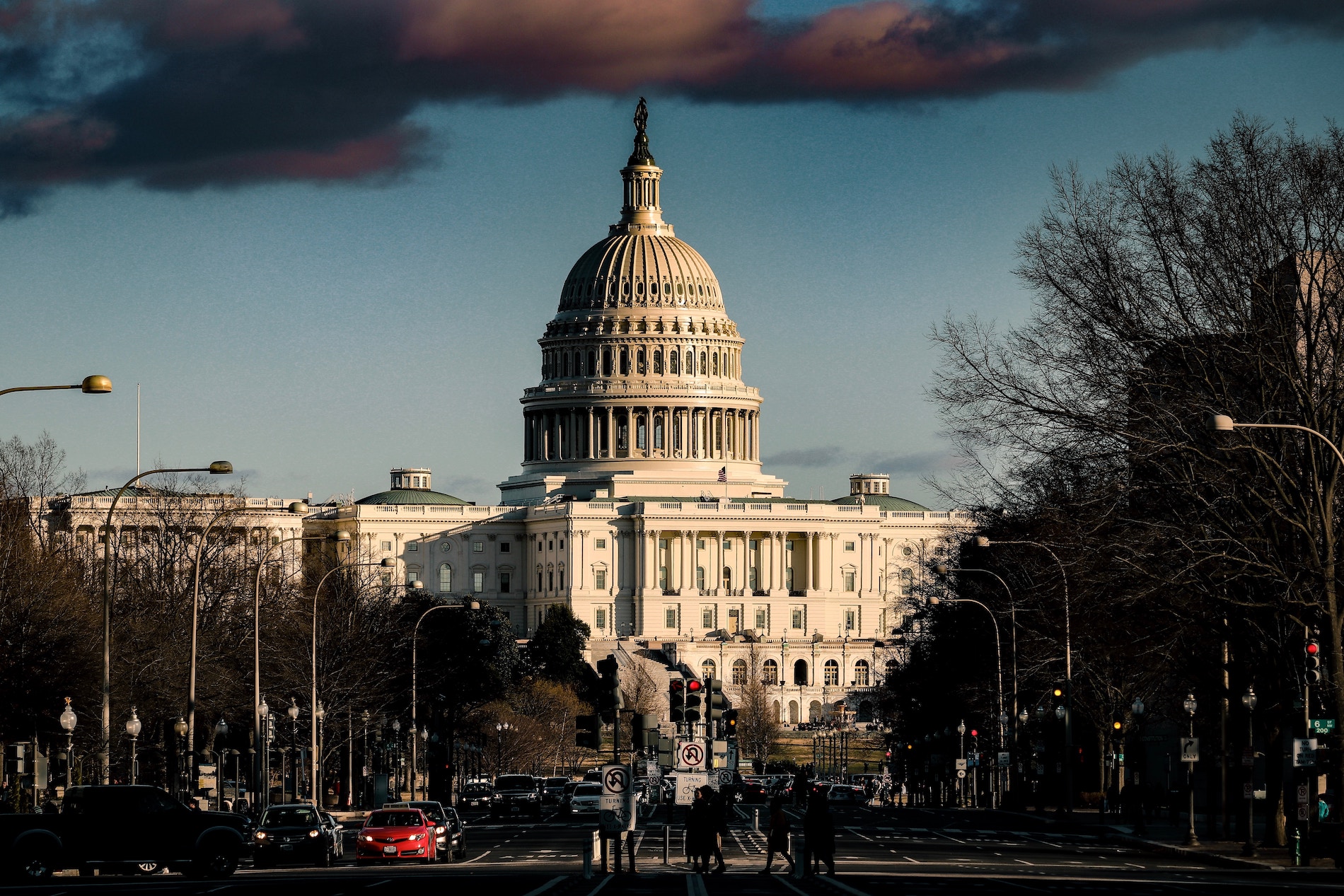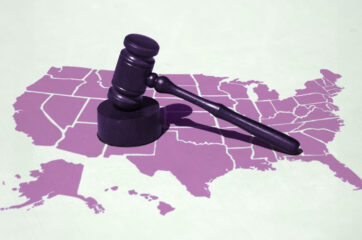Earlier this month, a broad coalition of industry and conservative groups united as the Climate Leadership Council (CLC) released a carbon pricing proposal that is expected to be released later this year. The proposal has not yet been introduced in Congress this session, and it remains to be seen who will be its primary sponsors. Nevertheless, the plan’s release is significant news in that it’s the first industry-backed carbon pricing proposal of 2019.
The Climate Leadership Council proposal
In order to assess the CLC proposal, it’s critical to understand the Climate Leadership Council— its inception, composition, and intentions. CLC is an international policy institute pushing for a federal price on carbon that’s designed to appeal to industry groups and conservative policymakers. It is a coalition of corporations, including oil and gas companies, non-governmental organizations, and prominent individuals who came together in the summer of 2017 with a goal to advance a nationwide fee on carbon pollution.
Council members include fossil fuel giants like ExxonMobil and BP, conservation organizations like The Nature Conservancy and World Wildlife Foundation, and big corporations like Microsoft, AT&T, and Johnson & Johnson. It’s an eclectic and intriguing collection of groups that also includes individuals like former Republican secretaries of state James Baker and George Shultz, economist Janet Yellen, and a slew of other prominent individuals. Central to CLC’s mission is bipartisanship — or as the group describes it, bridging political divisions — as well as adhering to a carbon dividends framework.
Here are some key components of the proposal:
- Gradually Rising Carbon Fee: The bill imposes a $40 per ton price on carbon dioxide, which increases by 5% each year. All generated revenue is rebated to American consumers on an equal and quarterly basis.
- Emission Assurance Mechanism: If emission reductions are not on track, an Emission Assurance Mechanism will trigger larger emission reductions to take place. According to the US Department of the Treasury, “the vast majority of American families will receive more in carbon dividends than they pay in increased energy costs.”
- Rollback of Regulations: In exchange for the fee, federal regulations of carbon emissions from power plants, refineries and other industrial facilities would be lifted. The regulatory rollback is meant to ensure support from businesses and conversative members of Congress.
- Border Carbon Adjustment: Like most carbon pricing proposals, it levies a border carbon adjustment fee to energy that carbon-intensive imports for other countries will face based on the carbon content of their own products.
In this new proposal, the Council did away with with a previous clause that provided fossil fuel companies with legal immunity over liability for carbon emissions and their consequences. The clause was particularly controversial due to undeniable evidence that ExxonMobil knew about the dangers of climate change half a century ago and deliberately misled the public for decades in order to be able to continue polluting (see: #ExxonKnew campaign). Hundreds of lawsuits have since been filed by kids, businesses, and cities against ExxonMobil and other polluters, alleging that the cost of climate change should be in part paid by its perpetrators. So, the removal of this clause is a victory for progressives and climate advocates who are still pushing for emitters to be held accountable.
Nevertheless, the very idea of polluters lobbying to tax themselves is always going to raise legitimate questions. Environmental justice groups could have trouble backing any legislation that oil and gas companies put forth. However, if the Climate Leadership Council continues to engage groups like the Nature Conservancy and World Wildlife Fund, the political dynamics and perception of the proposal could change.
It’s no shock that industry is finally coming around to climate action and policy; at the current rate of warming, more than 10% of annual GDP could be wiped out by the end of the century. The question now is whether this proposal will gain more momentum than the others on the table.
Edit 9/27/19: Another piece of federal carbon pricing legislation was introduced yesterday – the Market Choice Act. The bill, introduced by Representatives Brian Fitzpatrick (R), Salud Cabajal (D), and Scott Peters (D), puts a fee on carbon pollution and invests revenue in infrastructure. It became the 8th carbon pricing bill to be introduced in Congress this session — check out my summaries and analysis of the other bills here.










